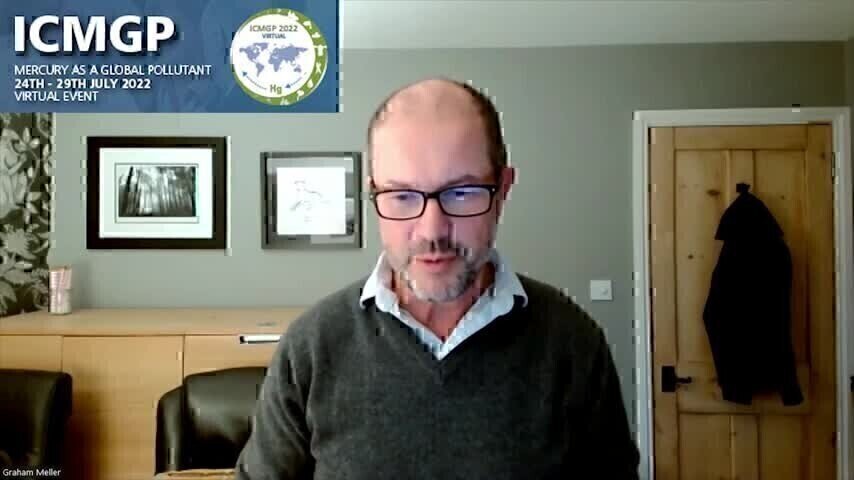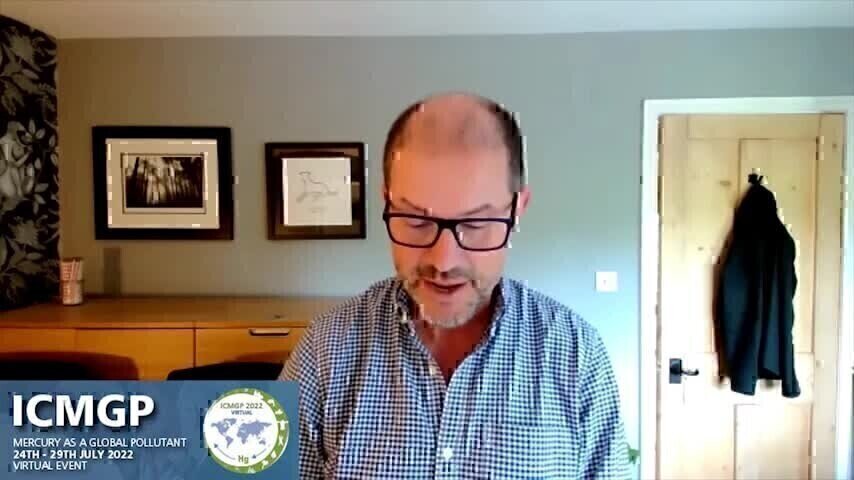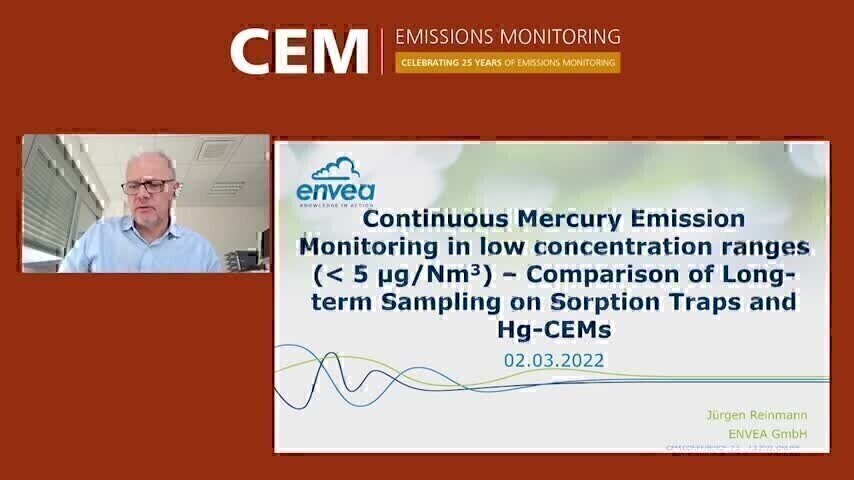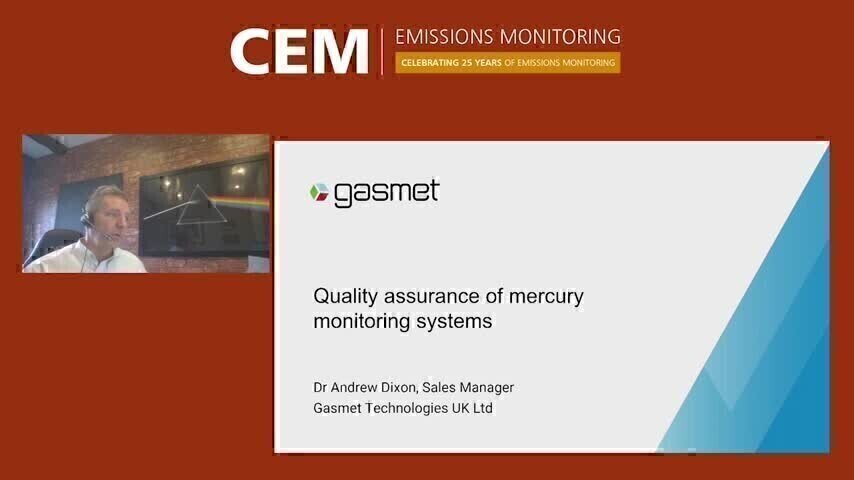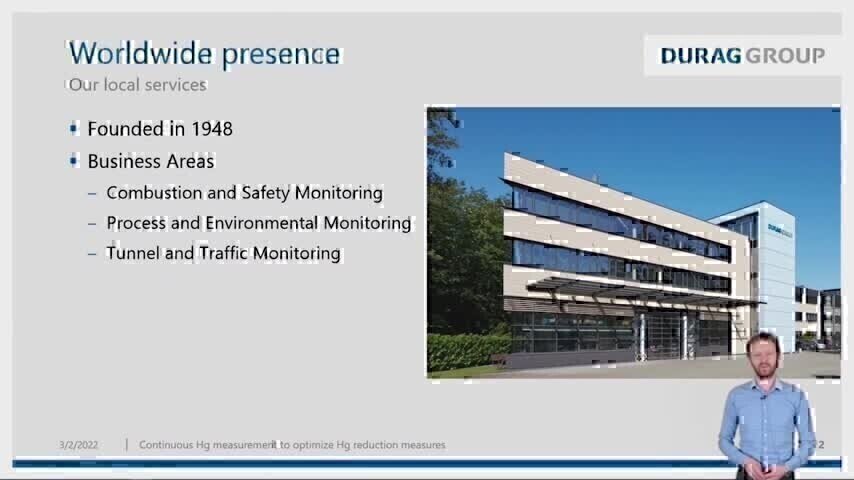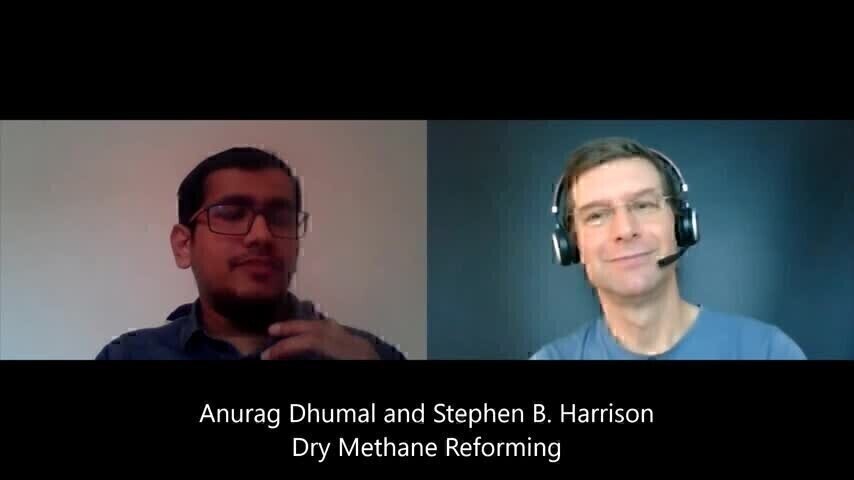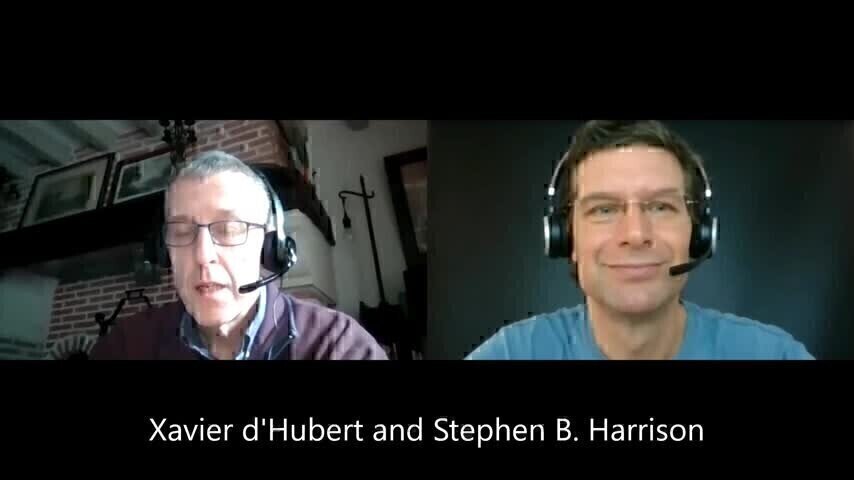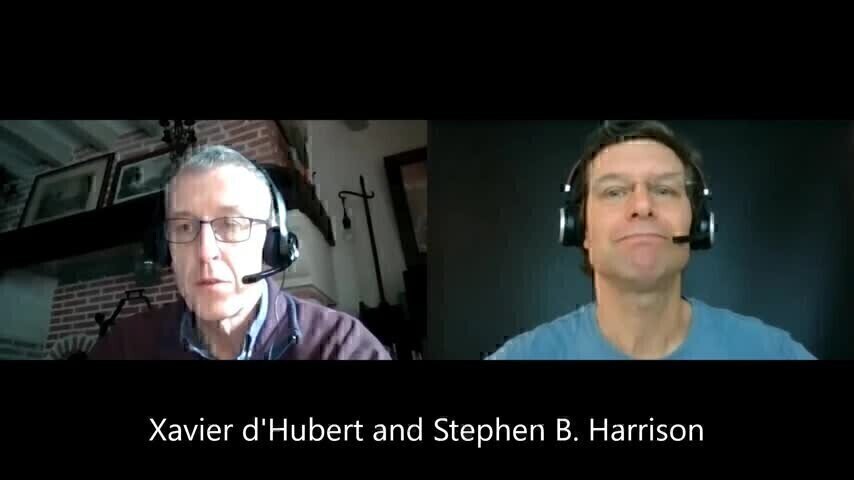E-Learning
Videos
Past Events
As known European natural gas resources is declining and the EU is depending increasingly on imported natural gas. Consequently, diversification of the European natural gas supply has become necessary and this is being implemented as required by the Renewable Energy Directive 2009/28/EC. Under mandate M/475, CEN/PC 408 developed specifications for biomethane (i.e. EN16723-1 for injection into natural gas grids and EN16723-2 for transport fuel). Currently, the test methods cited in EN16723 are...
Recent advances in Machine Learning (ML), especially deep learning, have demonstrated superior to human performance for a variety of decision and recognition tasks. Together with advances in computational hardware and hyperspectral optics, affordable real-time ML based hazard event detection has become a reality. By providing the state-of-the art Artificial intelligence(AI) and ML based solutions for event detection, Rebellion Photonics embarks on a journey to revolutionize hazard and safety...
The Medium Combustion Plant Directive as presented at the AQE exhibition at Telford in 2018.
Presented at AQE 2018 Conference in Telford. Implementation of the Medium Combustion Plant Directive and Specified Generator regulations, the monitoring requirements and how they will be regulated.
Overview of the Medium Combustion Plant Directive
We present a case study of a validation experiment to characterise the precision and uncertainty constraints of a newly developed mass balancing flux calculation method, using in situ measurements of methane concentration sampled by an unmanned aerial vehicle (UAV) platform. This case study (funded by the UK Environment Agency) was conducted by the University of Manchester and National Physical Laboratory with assistance from the UK Met Office at its Cardington research facility. The aim...
Atmospheric methane (CH4) has a powerful short-term global warming impact, and comes from a variety of natural and anthropogenic sources. Methane sources include wetlands, landfills, oil / gas / coal extraction activities, and urban emissions from traffic and the natural gas distribution system. Characterizing the magnitude and the origin of these fugitive emissions spatially and temporally is critical to understand their present and future climate impacts. There are two tracer molecules...
For more specific analyses of atmospheric methane, follow the link to a survey of atmospheric methane at a regional level, or click through to an e-Learning on urban monitoring, using two European cities as case-studies. Carbon 13/12 ratios of methane are controlled by the processes and temperature of formation of methane, such that methane produced by cool biogenic processes contains less 13C than methane produced by higher temperature thermogenic (fossil fuels) and pyrogenic (combust...
CI Systems has developed a dedicated Methane Imaging Camera to serve the petrochemical industry. This new camera (commercial name MetCam) is designed as a fixed imager, with large volume coverage, to monitor sensitive areas such as compressors stations, PRMS, rigs process areas and more. MetCam is a multi-functional camera that connects to site infrastructure and automatically performs gas cloud detection of clouds exceeding safety thresholds, monitors small leaks for preventive mainten...
Events
IWA World Water Congress & Exhibition
Aug 11 2024 Toronto, Canada
Aug 25 2024 Stockholm, Sweden and online
Sep 03 2024 Mexico City, Mexico
Sep 03 2024 Mexico City, Mexico
Sep 03 2024 San Diego, CA, USA
